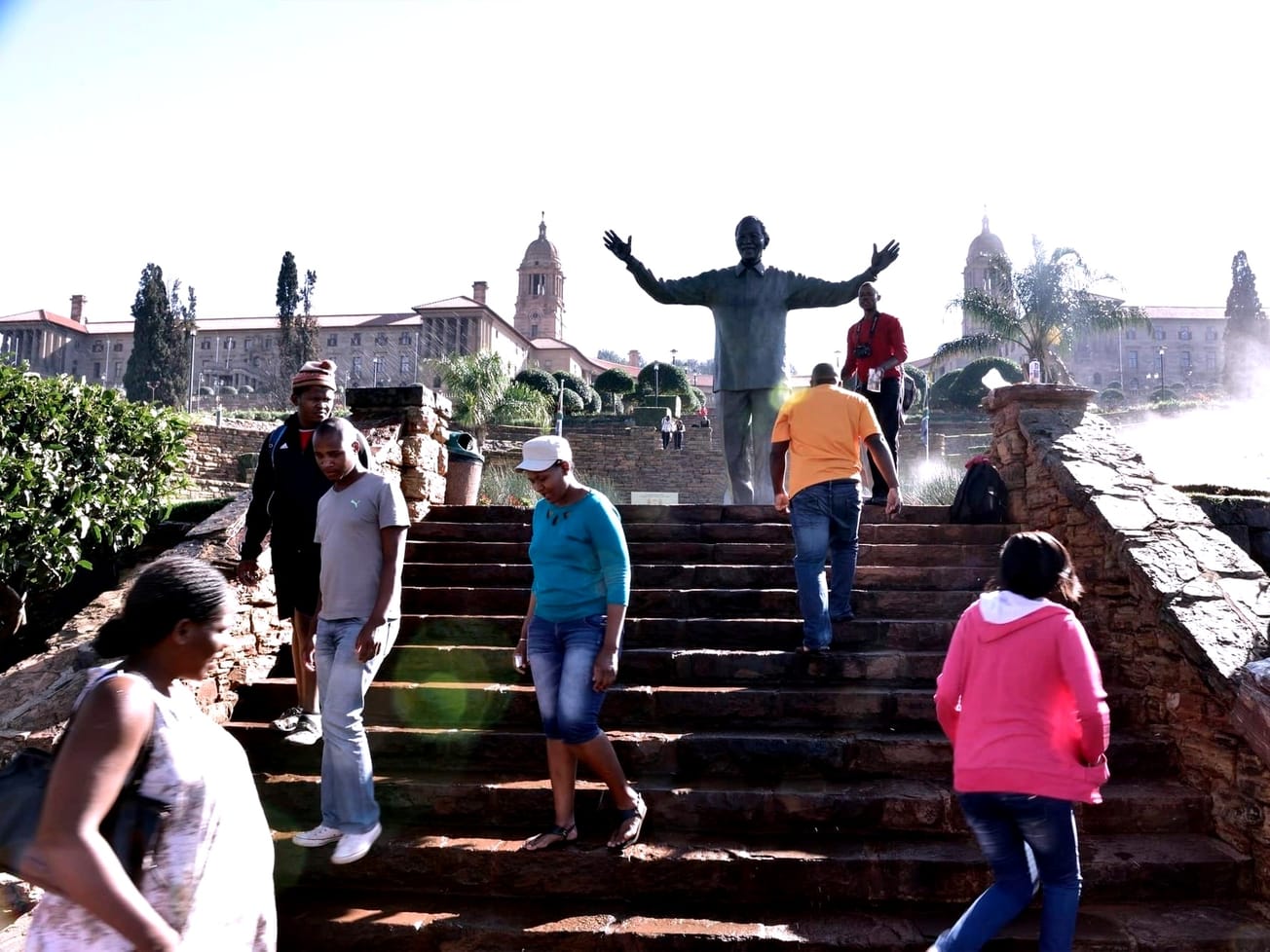The United Nations' top envoy to Iraq assured members of its parliament on Wednesday that their role in hearing Baghdad protestors' demands is vital to restoring stability and peace in a nation riven by war and corruption.
Jeanine Hennis-Plasschaert, who serves as the U.N. secretary-general's special representative for the U.N. Assistance Mission for Iraq, or UNAMI, told Iraq's Council of Representatives in Baghdad that "Iraqi people have paid an unthinkable price to get their voices heard" since street protests began in October. At least 319 people have been killed and 15,000 injured in the demonstrations.









